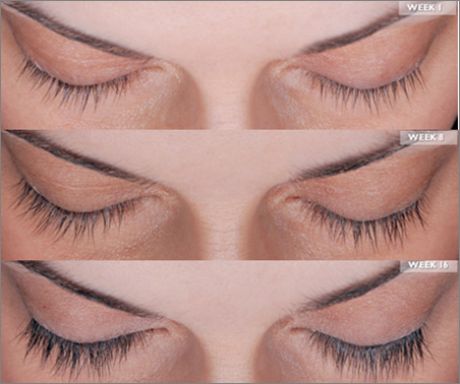Medical expert of the article
New publications
A glaucoma drug will save you from baldness
Last reviewed: 01.07.2025

All iLive content is medically reviewed or fact checked to ensure as much factual accuracy as possible.
We have strict sourcing guidelines and only link to reputable media sites, academic research institutions and, whenever possible, medically peer reviewed studies. Note that the numbers in parentheses ([1], [2], etc.) are clickable links to these studies.
If you feel that any of our content is inaccurate, out-of-date, or otherwise questionable, please select it and press Ctrl + Enter.
If you have noticed that you have started to lose your hair, do not despair, this problem can be helped. A new report from researchers at the University of Bradford, published in the online journal "FASEB Journal", indicates that the drug used to treat glaucoma - a dangerous chronic eye disease - "Bimatoprost" can be used as a stimulant for hair growth.
The effect of this drug on eyelashes was already known - as a result of use, a noticeable darkening of the eyelashes and iris was observed. Despite the fact that this is considered a side effect of the drug, many people who were affected in this way considered it a cosmetic effect.

The data obtained by specialists is the first information that confirms the real possibility of using Bimatoprost as a therapeutic drug for hair growth.
"We hope that our study will help develop new treatments for hair loss that will help many people finally get rid of their complexes and improve their quality of life," says study co-author Valerie Randall. "Further study of the drug and its effect on hair growth will help to better understand how hair follicles work. Thanks to this, we can hopefully develop new therapeutic methods for the treatment of alopecia."
To find out whether the drug really did have this property, Dr. Randall and her colleagues conducted three sets of experiments, two of which used human cells and a third experiment used mouse cells.
Tests on human cells included using hair follicles in an organic hair model culture, as well as growing directly from the scalp. In both cases, the experts found that Bimatoprost worked and did stimulate hair growth.
The third experiment in the series was conducted on mice. The rodents were rubbed into their bald spots with the preparation. It turned out that the situation was similar to that of human cells – hair began to grow. Scientists believe that Bimatoprost prolongs the anagen phase (active phase) of hair growth.
"This discovery could be sensational and no less important than the invention of Viagra, which middle-aged men were waiting for," the researchers say.


 [
[